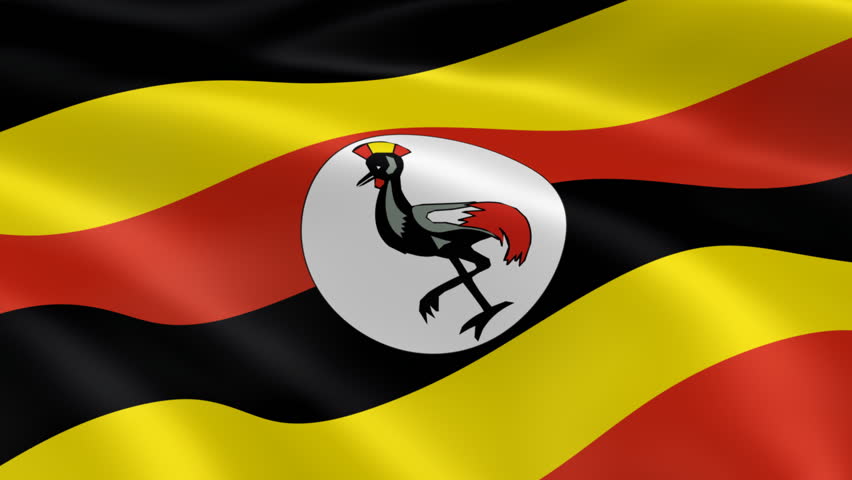Health workers and local leaders in Lango and Acholi sub-regions have expressed concern about the increasing number of child mothers despite various interventions by government and development partners.
They attribute the rising number of child mothers to family breakdown and the loss of moral values caused by the two-decade rebellion of the Lord’s Resistance Army (LRA) rebels.
In an effort to provide a bright future for thousands of women and girls, the government in April 2018 launched a campaign to end child marriage in Lango and Acholi.
The Shs17 billion four-year intervention financed by Finland targeted about 470,000 beneficiaries. The beneficiaries included boys and girls aged between 10 and 19 in Lira, Alebtong, Apac, Kole districts in Lango, and Pader and Agago districts in Acholi.
Under the intervention, the Ministry of Gender, Labour and Social Development would work closely with five development partners to implement the project.
The project’s main objective was to strengthen social reproductive health and information awareness among both boys and girls.
While launching the project in Pader District, government officials and development partners pledged to end child marriage in the beneficiary districts.
“For the girls, this means that we need to do everything we can to support their education and empower them so that they can live independent lives, contributing fully to the development of the societies,” the head of programme, Ms Eeva Ervamaa, said. Mr Mondo Kyateka, commissioner for Youth and Children Affairs in the Ministry of Gender, Labour and Social Development, added: “The most important thing is not what we did or didn’t do yesterday; what is important is what we draw from lessons of yesterday and plan to do better tomorrow.”

Lira District registered 9,916 teenage pregnancies in Financial Year 2018/2019 up from 5,178 in Financial Year 2017/2018, according to statistics.
At least 594 teenage pregnancies were registered in Lira Sub-county, while 516 and 472 were recorded in Adekokwok Sub-county and Ojwina Division, respectively.
Mr Edmond Acheka, the assistant district health officer, said the situation is worrying. “For the last 30 years, there has been very little or no change in median age at first marriage, which has been fairly stable at an average of 17.9 years,” he said.
Mr Acheka said the major causes of teenage pregnancies are domestic violence, primitive cultural practices, alcoholism and poor parenting.
Dr Richard Nam, a gynaecologist, also the prime minister of Lango Cultural Foundation, explained that early pregnancy exposes the mother and the baby to both health and social dangers.
“At early age, the bones in the waist, which are to deliver the baby, will not have matured. So, if one is to get pregnant when the bones are not yet mature, she will be forced to push the baby through the bones,” he said.
“The womb is likely to break and the baby may also die. It can also puncture the urinary bladder and damage the rectum causing fistula,” he added.
Mr Geoffrey Okullo, the patron of Fountain of Justice and Restoration (FOJUR), a community-based organisation in Lira, said not all is lost.
“Our organisation is sensitising the community on the health dangers their daughters are exposed to as a result of teenage pregnancy. Also, young girls are being sensitised on the dangers of conceiving when their bodies are not yet mature to bear children,” Mr Okullo said.

